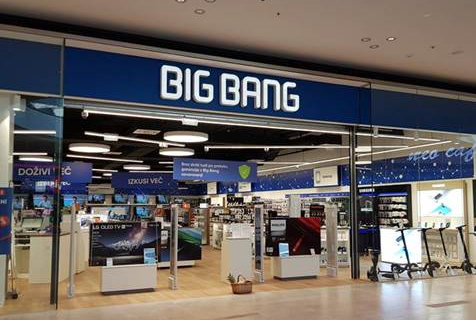by P.T., STA
In a bid to contain the second wave of the coronavirus epidemic, the government has toughened up restrictions, including by temporarily closing all non-essential shops. The measure is effective from Monday and comes with few exceptions, such as grocery stores and shops deemed vital for essential needs.
The government announced a tightening of the lockdown on Thursday after it made certain restrictions looser last week. Certain stores had been allowed to re-open, however they will have to close again as of Monday.
Stores selling groceries and personal care products as well as those offering farm produce are allowed to remain open, but clothing, shoe and tech stores are not listed among the exceptions.
But even grocery stores are not allowed to sell technical goods, and many stores have reportedly spent the weekend sweeping non-compliant goods from the shelves.
Not subject to the stricter lockdown restrictions are pharmacies and other stores selling medical supplies, marketplaces, agricultural supply stores, gas stations, banks and insurance providers, post offices, delivery services and workshops.
Moreover, chimney sweep services are allowed in the event only one person is present in the room where chimney cleaning is performed, and so are construction works if there is no contact with clients.
News-stands, remote sales and in-person pick-up services are also allowed as well as other vital services to maintain public health and safety. There is no time limit on food delivery services.
However, the latest decree specifically sets down that consuming food or beverages in public spaces is banned.
The number of persons in enclosed stores remains capped at one customer per 30 m2 or at a single customer if the space is smaller than 30 m2.
Open-air marketplaces can accommodate one customer per 10 m2.
Shopping centres are required to make sure there is one customer per 30 m2 taking into account the entire building as well as to comply with individual store rules. They must provide separate entry and exit points as well.
Shops are allowed to operate only if all public health recommendations are heeded and contact with customers is reduced to a minimum.
The government is to review the restrictions every seven days to assess whether they are still necessary. All the new measures are expected to last at least 14 days though.

